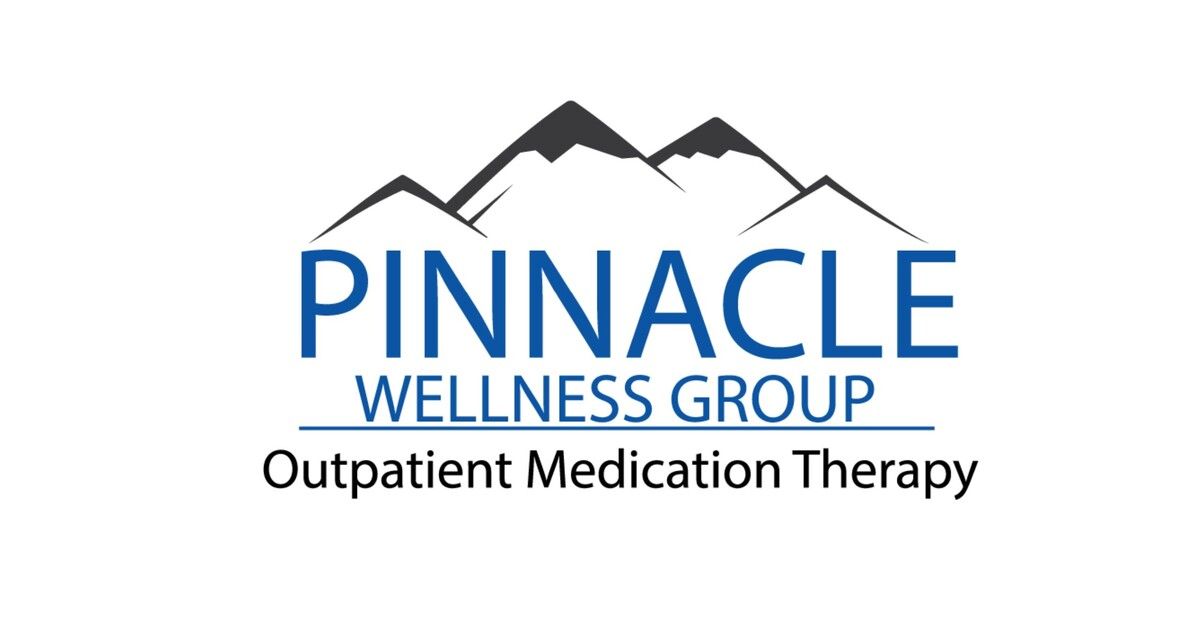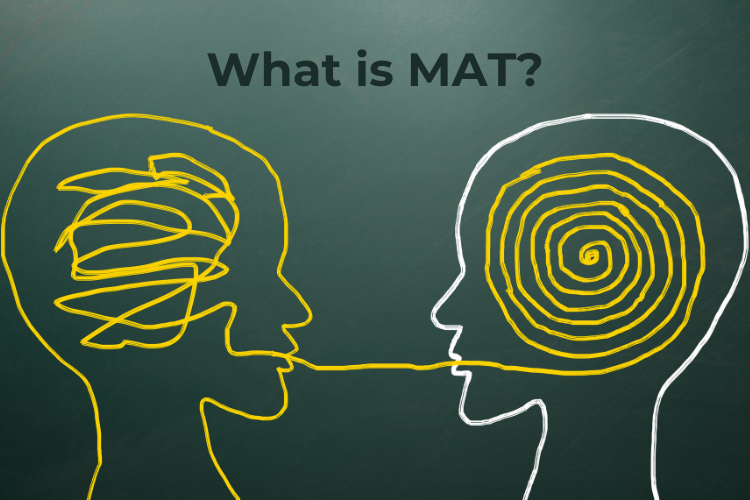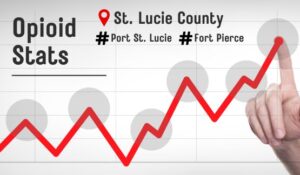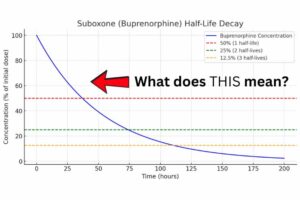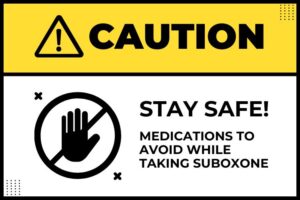Medication-assisted treatment (MAT) has emerged as a beacon of hope for individuals grappling with addiction. Among the arsenal of medications, Suboxone stands out as a powerful tool in combating opioid dependence. Let’s delve into how MAT, particularly with Suboxone, aids addicts on their journey to recovery.
What is Medication-Assisted Treatment (MAT)?
MAT combines medication with counseling and behavioral therapies to provide a holistic approach to addiction treatment. It’s particularly effective for opioid use disorder (OUD), offering a comprehensive strategy to manage cravings and withdrawal symptoms while addressing the psychological aspects of addiction.
The Role of Suboxone in MAT
Suboxone, a combination of buprenorphine and naloxone, is a cornerstone of MAT for opioid addiction. Here’s how it works:
- Reduces Cravings: Buprenorphine, a partial opioid agonist, binds to the same receptors in the brain as opioids but with less intensity, effectively reducing cravings and withdrawal symptoms.
- Blocks Effects of Other Opioids: Naloxone, an opioid antagonist, blocks the effects of other opioids, discouraging misuse and overdose.
Benefits of Suboxone in MAT
1. Stabilization
Suboxone helps stabilize individuals by alleviating the physical symptoms of withdrawal, allowing them to focus on recovery without being consumed by cravings or discomfort.
2. Decreased Risk of Relapse
By curbing cravings and blocking the euphoric effects of opioids, Suboxone reduces the likelihood of relapse, providing a crucial buffer for individuals in early recovery.
3. Improved Treatment Engagement
The accessibility and effectiveness of Suboxone make individuals more likely to engage in ongoing treatment, including therapy and support groups, fostering long-term recovery.
Criticisms and Misconceptions
While MAT, including Suboxone, has proven efficacy, it’s not without its critics. Some argue that MAT merely replaces one addiction with another. However, it’s essential to recognize that addiction is a complex disease requiring multifaceted treatment approaches.
Conclusion
Medication-assisted treatment, with Suboxone at its forefront, offers a beacon of hope for individuals battling opioid addiction. By addressing both the physical and psychological aspects of addiction, MAT empowers individuals to reclaim their lives and embark on a journey toward lasting recovery. If you or a loved one is struggling with addiction, consider exploring MAT options with a qualified healthcare provider for a path toward healing and renewal.
